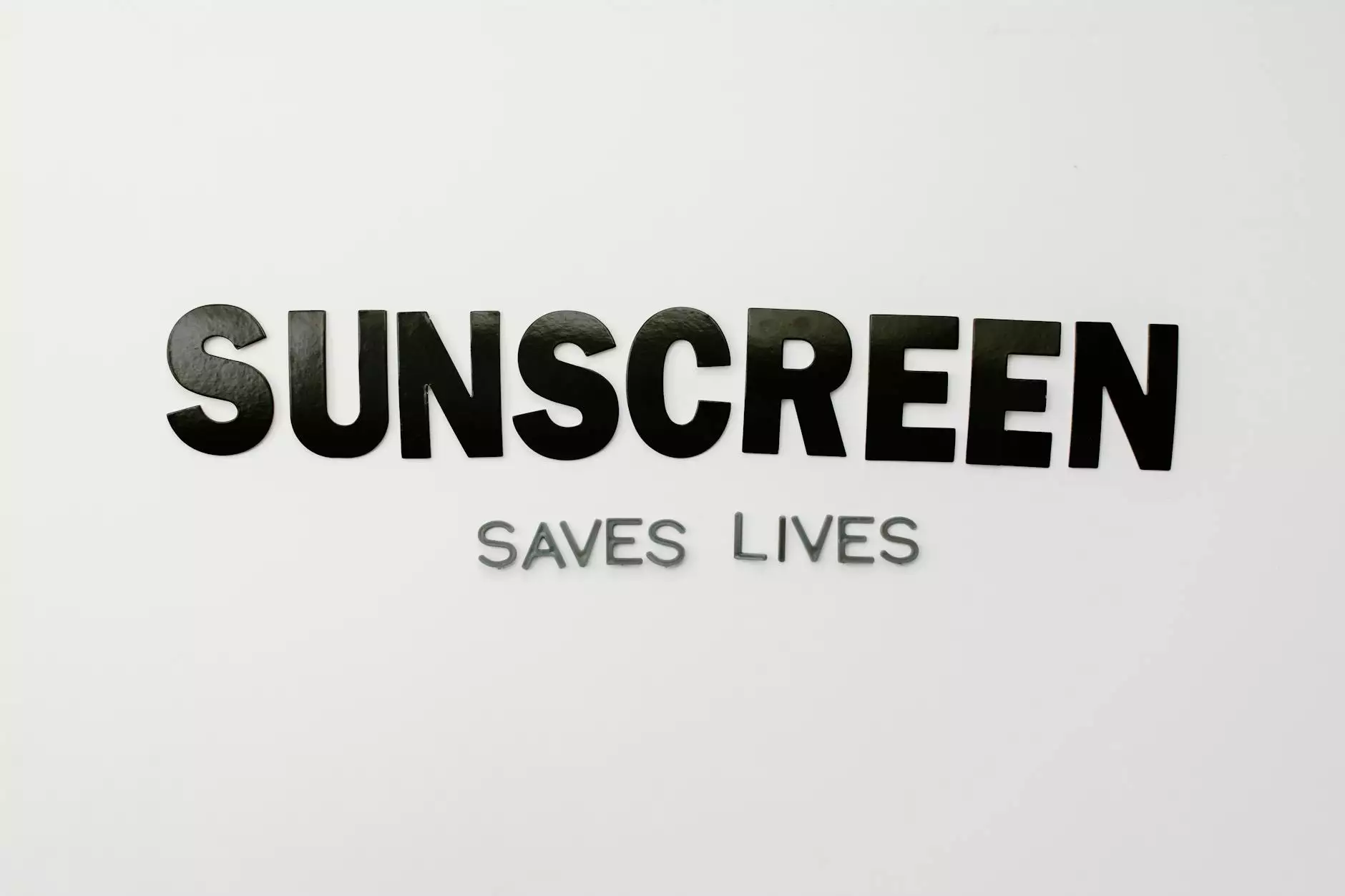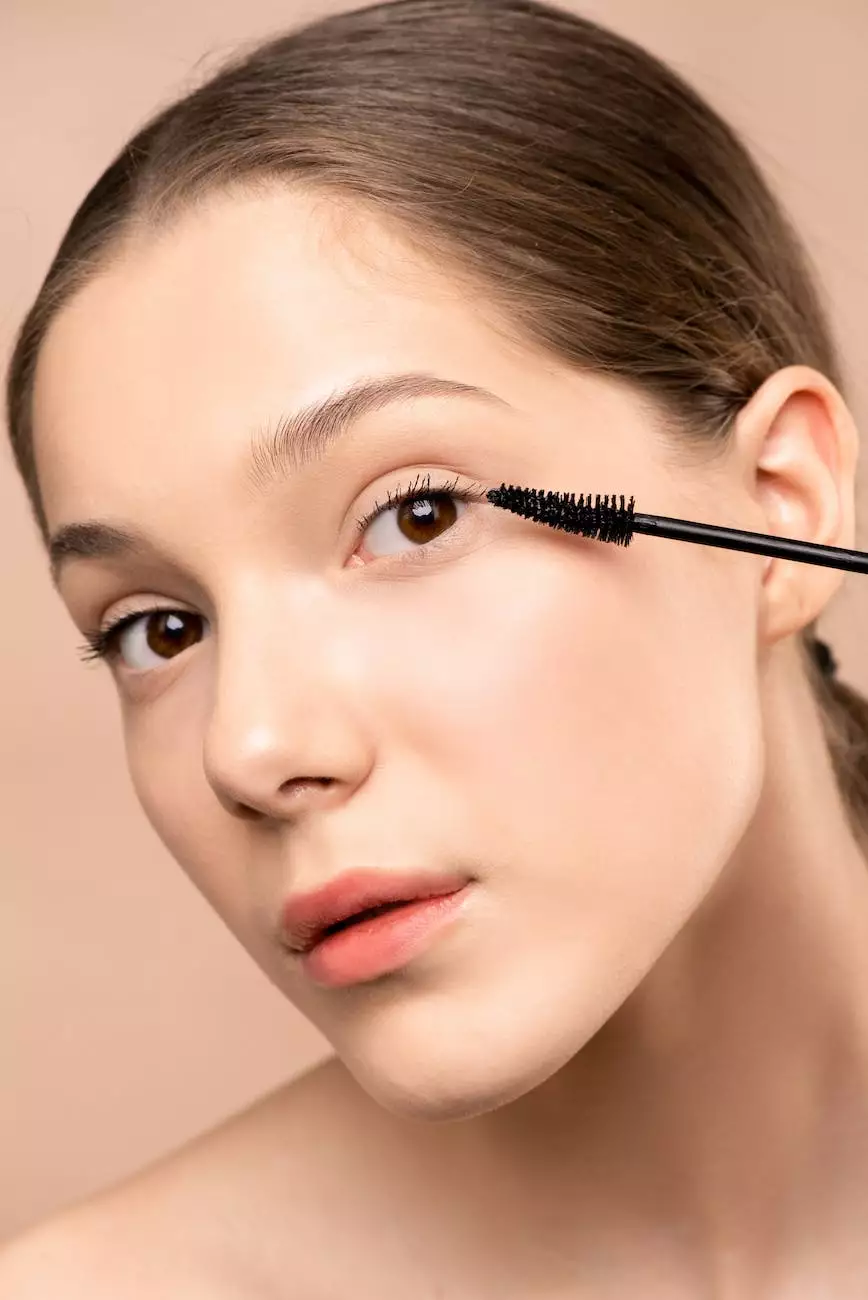Debunking 5 Common Acne Myths
Skin Care
Introduction
Welcome to the informative and comprehensive guide on debunking 5 common acne myths brought to you by Smith, Arthur F, MD - your trusted dermatologist in the field of skincare and well-being. Acne is a prevalent skin condition that affects millions of individuals worldwide. In this article, we will shine a light on some of the most widespread misconceptions surrounding acne and provide you with accurate information to get to the foundation of this skin concern.
Myth #1: Eating Greasy Foods Causes Acne
One of the most common misconceptions is that indulging in greasy foods, such as pizza or french fries, is directly responsible for acne breakouts. However, scientific studies have not found a clear link between consuming greasy foods and the development of acne. While diet can influence your overall skin health, acne is primarily caused by hormonal changes, excess oil production, and bacteria on the skin.
Nevertheless, maintaining a balanced diet rich in vitamins, minerals, and antioxidants can promote healthy skin and minimize inflammatory responses that may contribute to acne formation.
Myth #2: Only Teenagers Get Acne
Contrary to popular belief, acne is not exclusive to teenagers. While it is true that hormonal fluctuations during puberty often lead to acne breakouts, adults can also struggle with this skin condition. Adult acne can arise due to various factors such as hormonal imbalances, stress, genetics, and even certain medications. Therefore, it is essential not to dismiss acne as a problem solely affecting teenagers.
If you are experiencing acne as an adult, consulting with a dermatologist like Smith, Arthur F, MD, can help determine the underlying causes and develop an effective treatment plan suited to your specific needs.
Myth #3: Popping Pimples Makes Them Disappear Faster
Many individuals believe that popping a pimple will help it heal quickly. However, this is a common misconception that can exacerbate the problem. Popping a pimple can introduce additional bacteria to the area, lead to further inflammation, and potentially result in scarring. It is crucial to resist the urge to squeeze or pick at acne lesions and instead opt for proper skincare practices and dermatologically-approved treatment options to promote healthy skin.
Myth #4: Sun Exposure Eliminates Acne
Sunshine and UV rays have a reputation for drying out breakouts and providing temporary relief for acne symptoms. However, exposing your skin to excessive sunlight can actually worsen acne in the long run. While UV rays can initially help reduce inflammation, they can also trigger your skin to produce more oil, leading to clogged pores and further breakouts.
Protecting your skin from harmful UV rays with appropriate sunscreen and practicing other proven acne prevention strategies, as recommended by your dermatologist, is essential to maintain healthy and acne-free skin.
Myth #5: Acne Will Disappear Naturally Over Time
Another common myth is that acne will inevitably fade away on its own without any intervention. While acne may improve with time for some individuals, it is not guaranteed to disappear entirely without appropriate treatment. Without the right skincare regimen, acne can persist and even cause long-term skin damage or scarring.
Thankfully, with the guidance and expertise of a dermatologist like Smith, Arthur F, MD, effective treatments tailored to your unique skin condition and concerns can minimize acne breakouts, reduce inflammation, and promote skin healing and rejuvenation.
Conclusion
By debunking these 5 common acne myths, we hope to provide you with accurate information and empower you to make informed decisions regarding your skincare routine. Remember, seeking professional advice from a dermatologist like Smith, Arthur F, MD, can help you effectively manage and treat your acne, ensuring healthy and radiant skin for years to come.




